Description
Coconut husk for sale can be a cost-effective and sustainable cattle feed supplement. Learn its benefits, preparation, and nutritional value for livestock.
Coconut husk for sale
The search for sustainable and cost-effective cattle feed has been a long-standing challenge in the agricultural industry. With the increasing global demand for meat and dairy products, there is a pressing need to find alternative feed sources that can reduce the environmental impact and financial cost of traditional feeds. One such alternative that has been gaining attention is the use of coconut husk as cattle feed.
Coconut Husk: An Abundant and Underutilized Resource
Coconut is a tropical crop that is widely cultivated in many countries, particularly in Asia, Latin America, and the Pacific Islands. After the coconut meat and water are extracted, the husk is often discarded as waste. However, this byproduct has the potential to be a valuable resource for cattle feed.
Coconut husk is rich in fiber, which is an essential component of cattle feed. It contains around 40-50% fiber, making it a potential source of roughage for cattle. In addition, coconut husk has a low protein content, which is ideal for ruminant animals like cattle that have a specialized digestive system for breaking down fiber.
The Benefits of Using Coconut Husk as Cattle Feed
Using coconut husk as cattle feed has several benefits. First, it is a low-cost feed source that can reduce the financial burden of feeding cattle. Coconut husk is often readily available and can be sourced from coconut processing facilities or even collected from beaches where coconuts are washed ashore.
Second, using coconut husk as cattle feed can help reduce waste and promote sustainability. Instead of discarding the husk as waste, it can be repurposed as a valuable feed source. This not only reduces waste but also helps conserve natural resources by reducing the demand for traditional feed sources.
Third, coconut husk can help improve cattle health and productivity. The fiber-rich feed can help promote rumen health, which is essential for efficient digestion and nutrient absorption. In addition, coconut husk has been shown to improve feed conversion ratio, which means that cattle can produce more meat or milk per unit of feed.
Challenges and Considerations
While the potential benefits of using coconut husk as cattle feed are promising, there are also some challenges and considerations to keep in mind. First, coconut husk needs to be processed before it can be used as feed. This can be done through various methods such as chopping, grinding, or pelleting. The processing method can affect the nutritional value and digestibility of the feed, so it is essential to choose a suitable method.
Second, coconut husk may contain high levels of tannins, which can affect cattle health. Tannins are natural compounds found in plants that can reduce feed intake and digestibility. However, some studies have shown that cattle can adapt to tannin-rich feed over time, and that tannins may even have some health benefits.
Third, the use of coconut husk as cattle feed may have some environmental implications. While it can help reduce waste and promote sustainability, it is essential to ensure that the sourcing and processing of coconut husk do not contribute to deforestation or other environmental problems.
Conclusion
The use of coconut husk as cattle feed is a promising alternative that can help reduce waste, promote sustainability, and improve cattle health and productivity. While there are some challenges and considerations to keep in mind, the potential benefits make it worth exploring further. As the demand for sustainable and cost-effective cattle feed continues to grow, coconut husk may become an increasingly important resource for the agricultural industry.








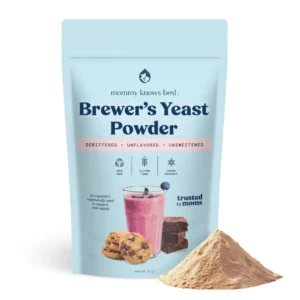
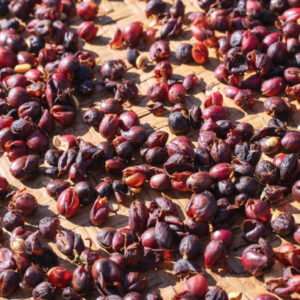
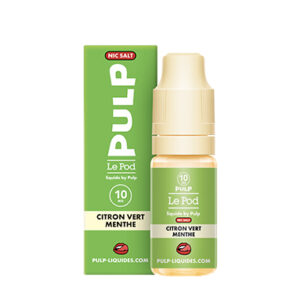
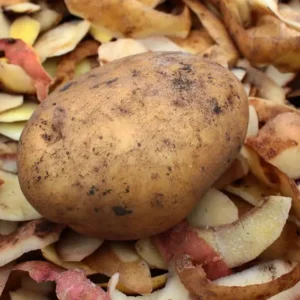
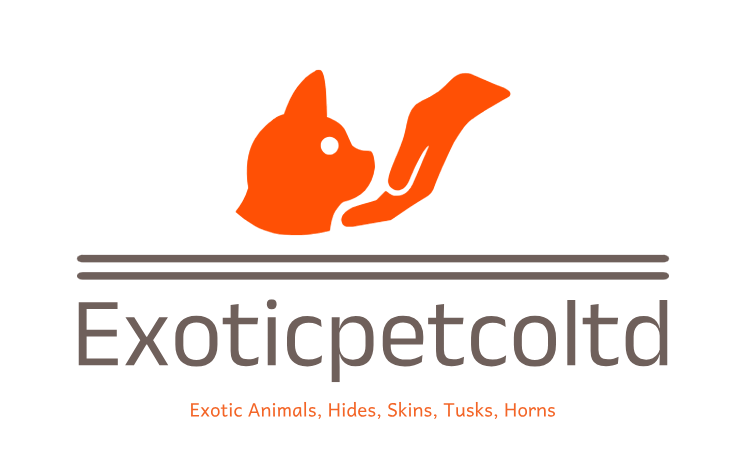

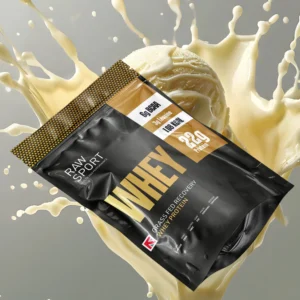
Reviews
There are no reviews yet.